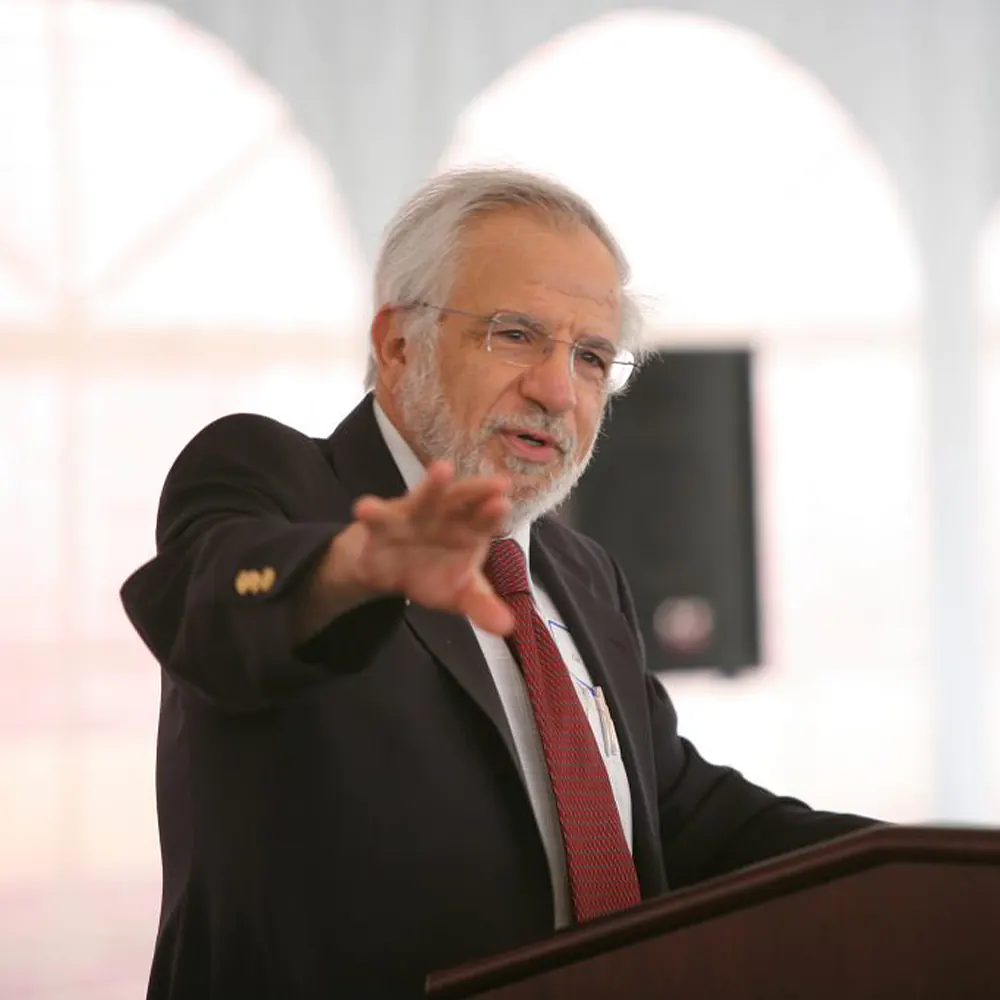Executive Team
Dr. Paul Dann
President/CEO
Hildegarde Paris
Chief Operating Officer
Pamela Rocha
Chief Financial Officer
Kati Sweeney
Executive Director, Administration & Finance
Lynn Bishop
Executive Director, NAFI Connecticut/Rhode Island/New York
Luke Reynard
Executive Director, NFI North
Lydia Todd
Executive Director, NFI Massachusetts
Dr. Chuck Myers
Executive Director, NFI Vermont
Jay Paris
Executive Director of Prevention & Early Intervention Programming
NAFI Officers
Roger Marcorelle
Chair
Steve Hahn
Vice Chair
Pamela Rocha
Treasurer
Dr. Barbara Vinick
Clerk
Kati Sweeney
Assistant Clerk
NAFI Board of Directors
- Dr. Nancy Grossman
- Steve Hahn
- Dr. Harvey Lowell
- Roger Marcorelle
- Howard Rich
- Dr. Matthew Sagal
- Dr. Barbara Vinick
- Barnet Weinstein
- Margaret Zusky
Spotlight on Dr. Yitzhak Bakal, Founder
 Born in Iraq, Dr. Bakal’s early childhood experiences as a member of an oppressed Jewish minority sensitized him to understanding the difficulties and the stresses of dealing with discrimination and prejudice. Those early experiences and the struggles to adjust to new cultures in Israel and the U.S molded his resolve to dedicate his life’s work to create just and supportive environments for disadvantaged children and families.
Born in Iraq, Dr. Bakal’s early childhood experiences as a member of an oppressed Jewish minority sensitized him to understanding the difficulties and the stresses of dealing with discrimination and prejudice. Those early experiences and the struggles to adjust to new cultures in Israel and the U.S molded his resolve to dedicate his life’s work to create just and supportive environments for disadvantaged children and families.
Another important experience that shaped his professional worldview occurred when he served in the army. During a training exercise he broke his ankle and had to stay in a camp while the rest of platoon went on a training mission. Dr. Bakal was assigned the responsibilities of guarding the camp and overseeing a particularly recalcitrant group of soldiers who had managed to avoid the rigorous training by pretending to be ill or have disturbed behaviors. In order to control the rebellious group, he intuitively realized the importance of using peer influence. His approach engaged his fellow soldiers in establishing mutually beneficial goals and ways to motivate, as opposed to using authority and punishment. He engaged them in discussions about their responsibilities through a group process, which created motivation, mutual accountability and respect. This early experience of turning unmanageable soldiers into a functioning community was the inspiration for the Normative Community Approach, which has become NAFI/NFI’s signature framework for using the power of community to help and heal.
Dr. Bakal is a graduate of Hebrew University in Jerusalem, Columbia University in New York and the University of Massachusetts in Amherst. He is the co-author of three books about issues relating to juvenile justice reform. He also has published articles relating to residential care, corrections and youth in trouble.
